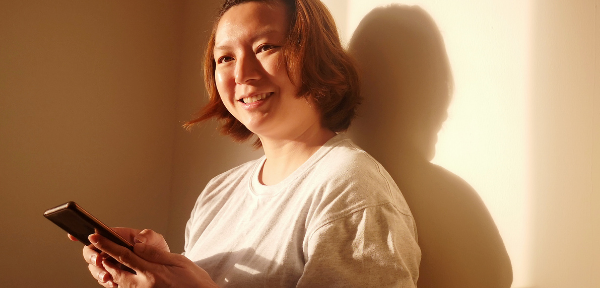The digital transition in the social care sector

In the framework of the Zero Project Conference that took place from the 23rd to the 25th February in Vienna, EASPD organised an online event where different social services and experts shared good practices and outcomes from implementing innovative technology to improve service delivery for persons with disabilities. The webinar was moderated by Evert-Jan Hoogerwerf from AIAS Bologna onlus in Italy and it had the participation of the panelists May Agius from Aġenzija Sapport in Malta, Noa Nitzan from Beit Isse Shapiro in Israel, and Klaus Miesenberger from Johannes Kepler University Linz in Austria. The session benefited from the diversity in the backgrounds of the panelists, from occupational therapists, to speech and language therapists, and computer scientists as well as the different countries in which they operate.
The session tackled two main issues in subsequent discussion rounds. The first one focussed on the impact of the digitisation process in the sector and if this impact contributed to building a more inclusive society. All panelists agreed that the impact has been positive and has increased the efficiency of the services delivered, by reaching rural areas or people who previously lacked in-person access to services. For instance, this has improved the delivery of education through digital books as well as online teaching to people with disabilities after surgery. Overall, digitalisation offers a huge opportunity for services providers and persons with disabilities, but it is important to be careful that this doesn’t lead to new forms of exclusion.
The second round included a short presentation of every panelist on the level of digitalisation in their organisations. While May Agius emphasised the necessity to consider first the digital skills and attitude of the staff providing digital services, Klaus Miesenberger focussed on the necessity of teaching and mainstreaming accessibility, and making assistive technology personalised to the needs of every person. Finally, Noa Nitzan concluded that the digitalisation process is improving thanks to the skills adopted during the COVID-19 pandemic and the experiences of providing hybrid services to persons with disabilities.

